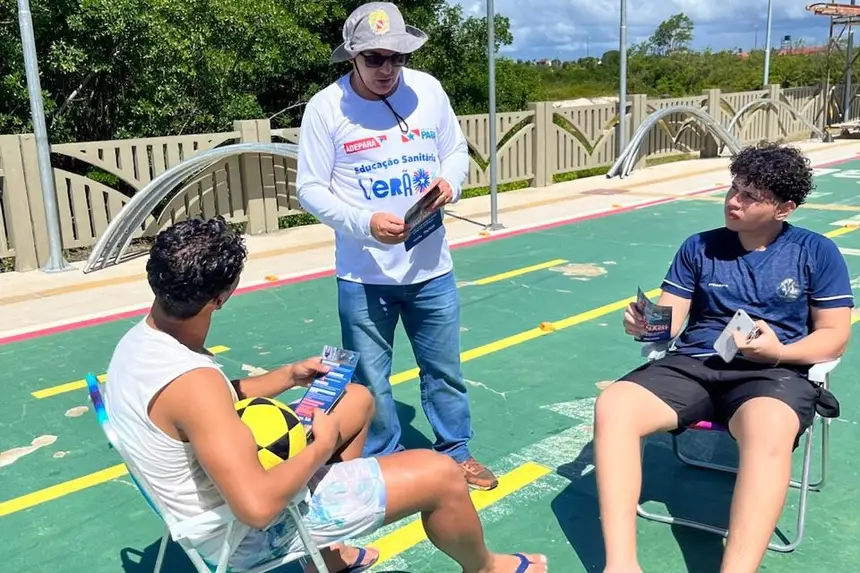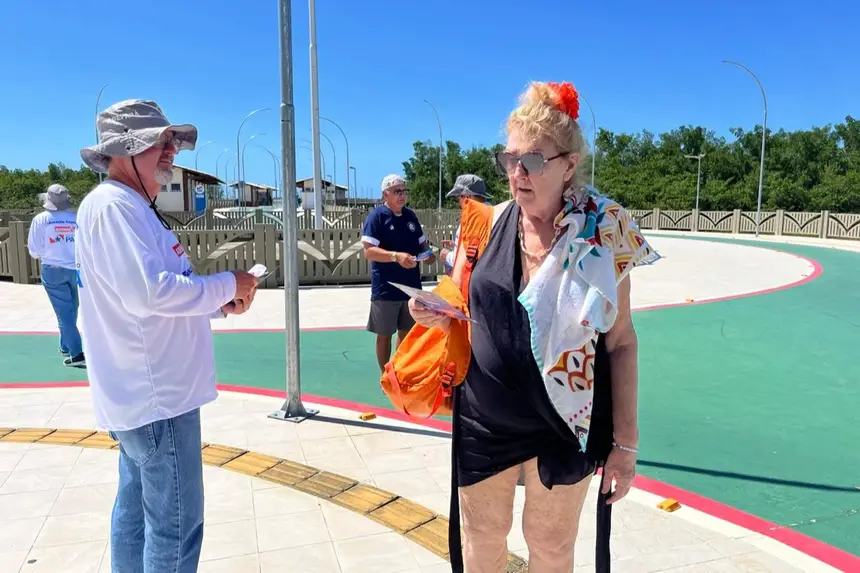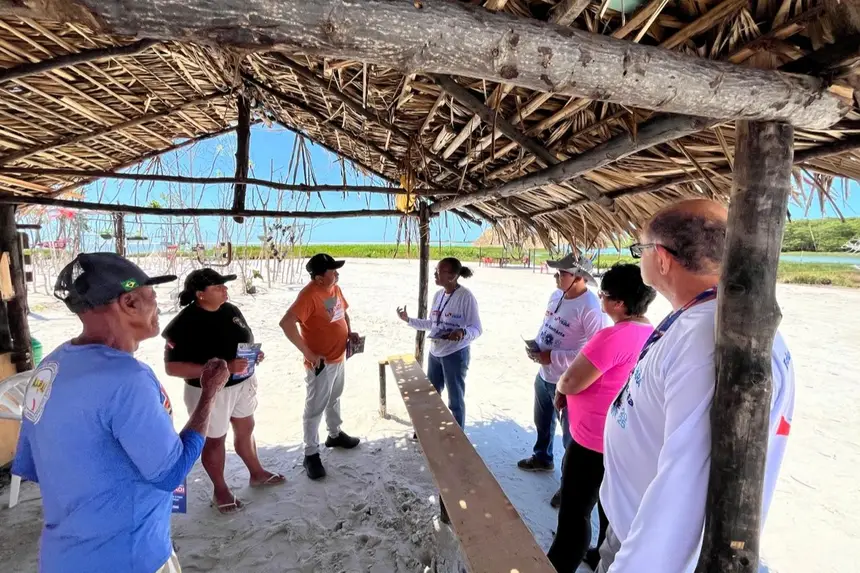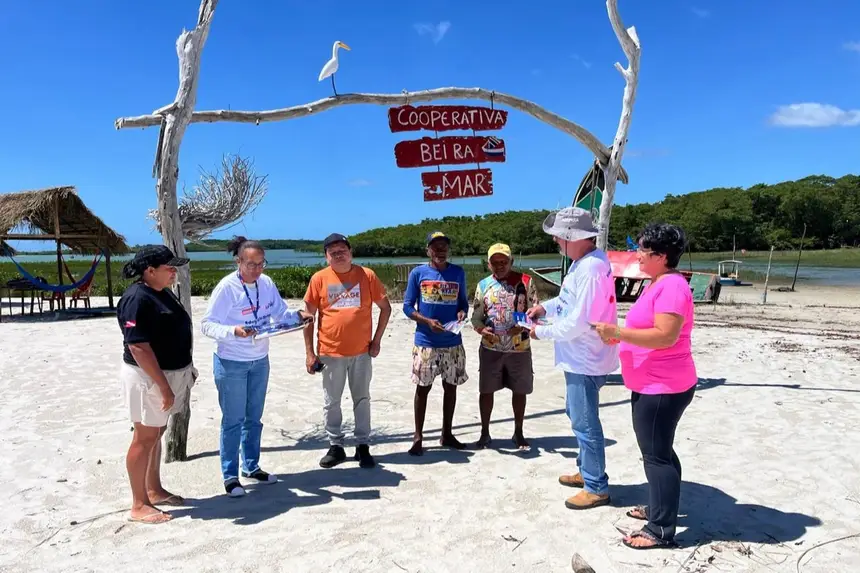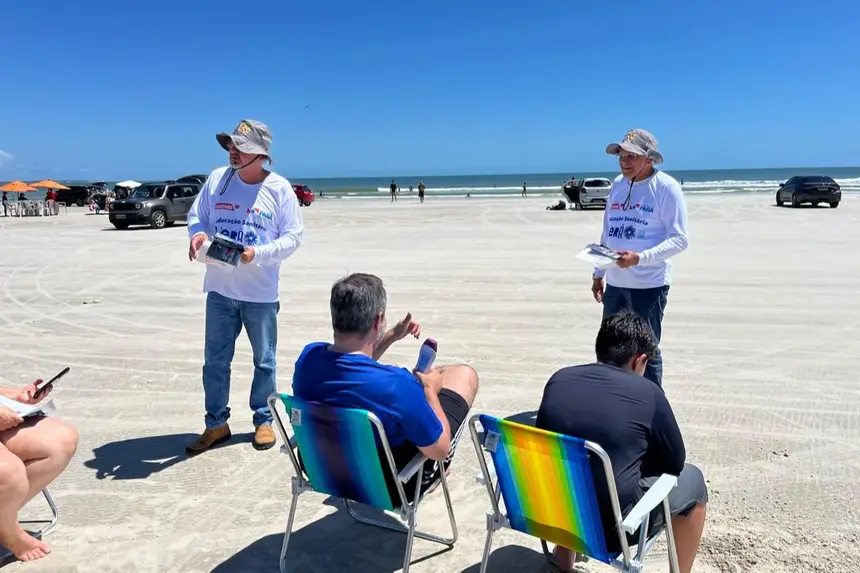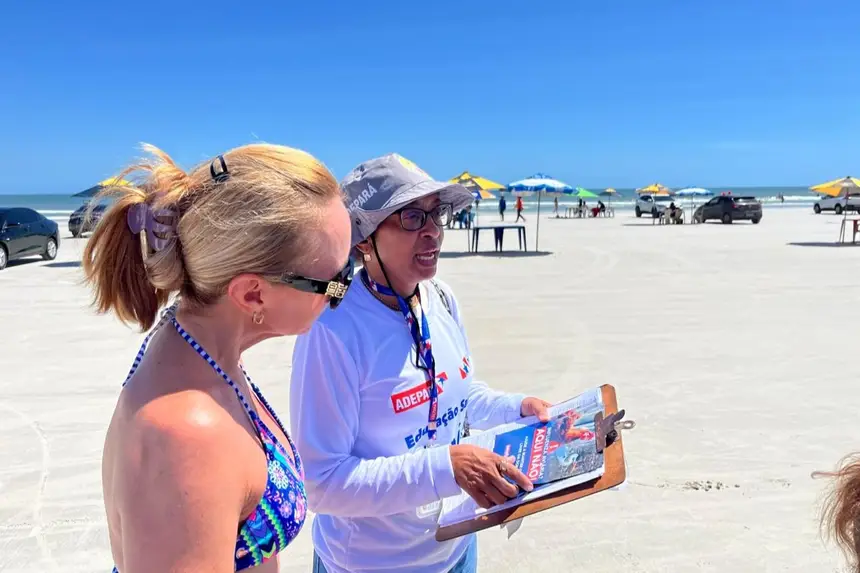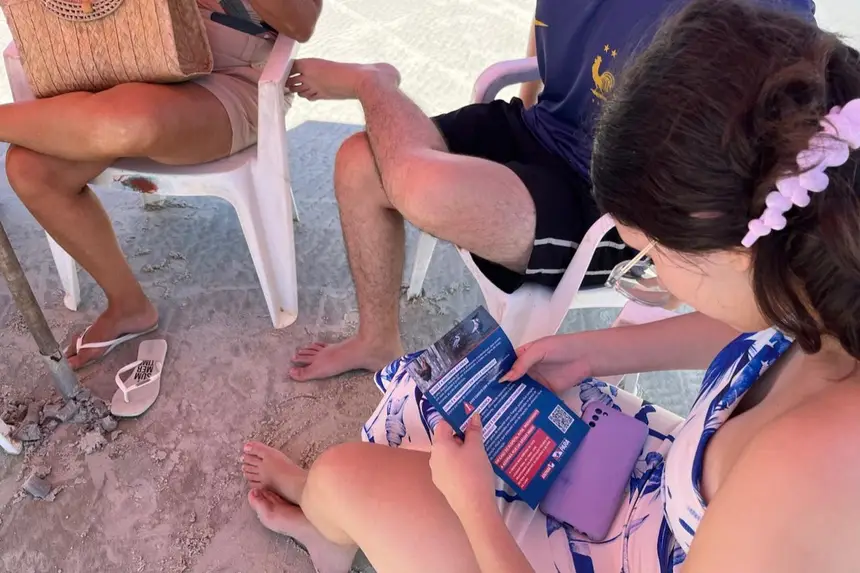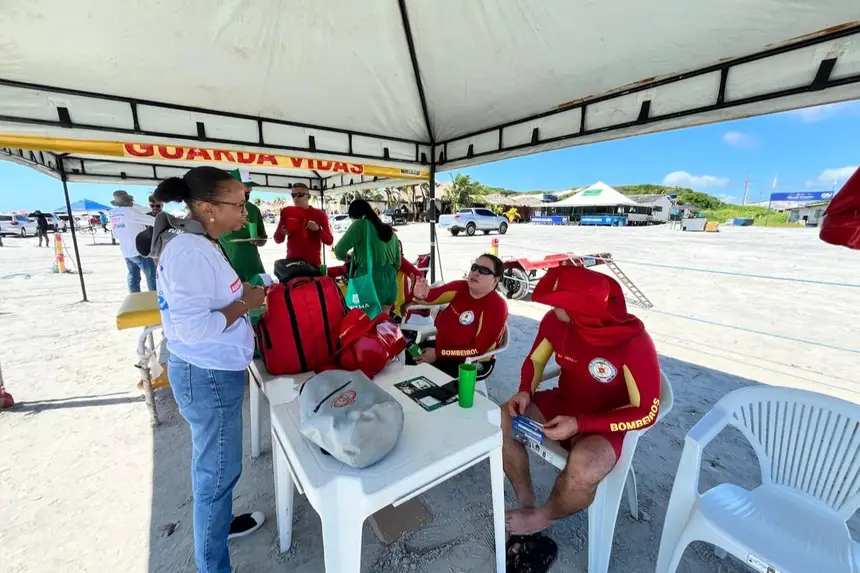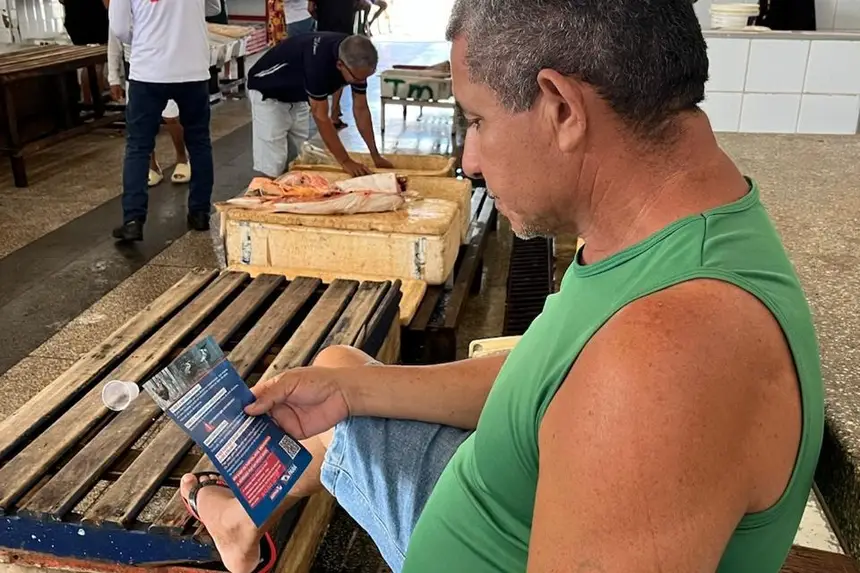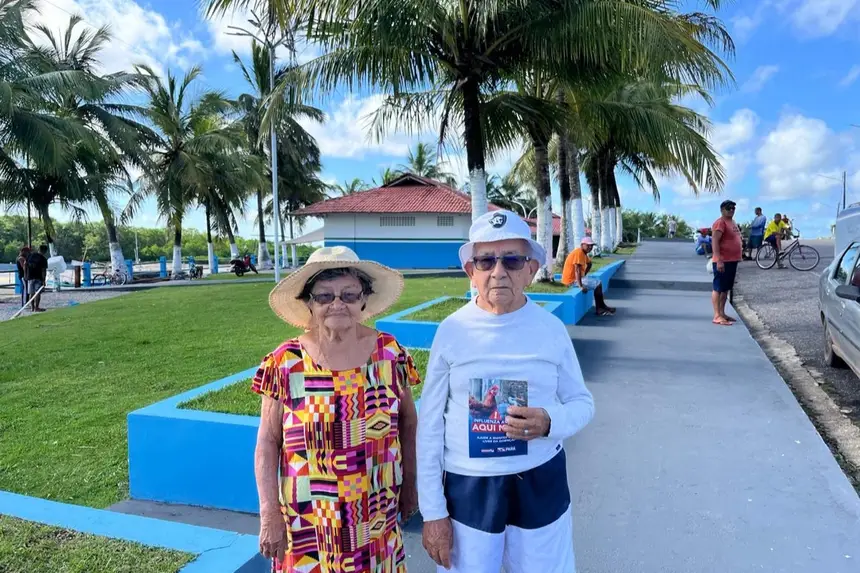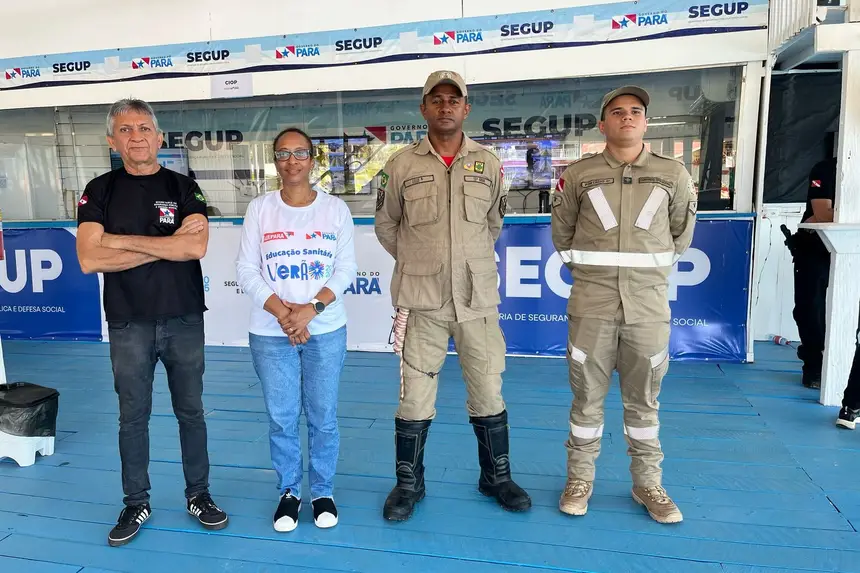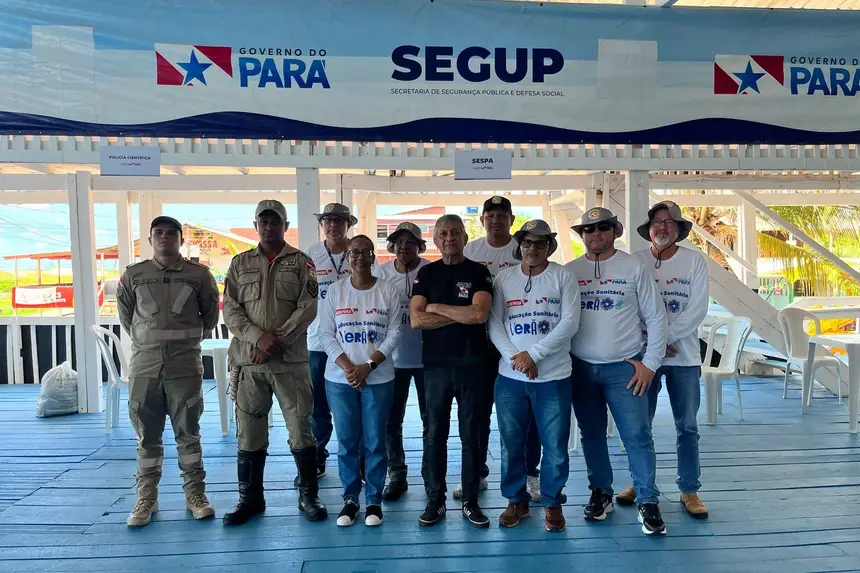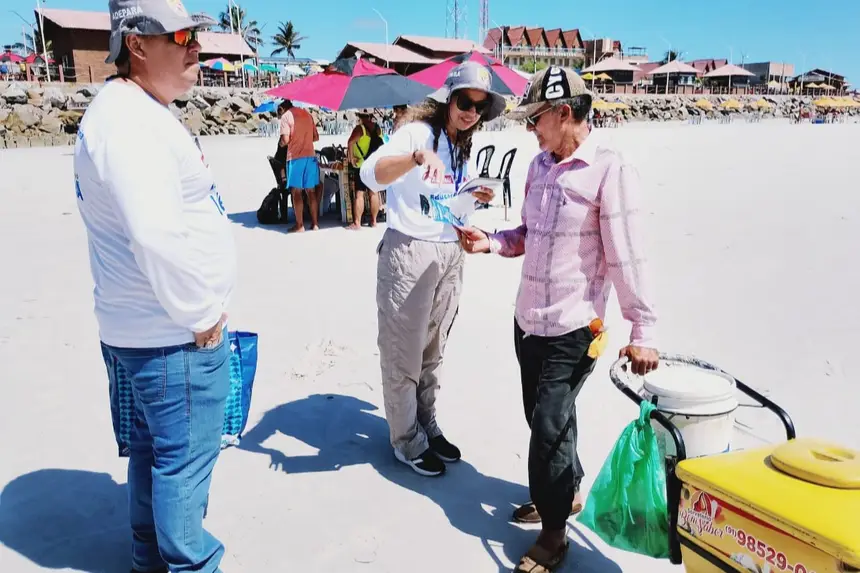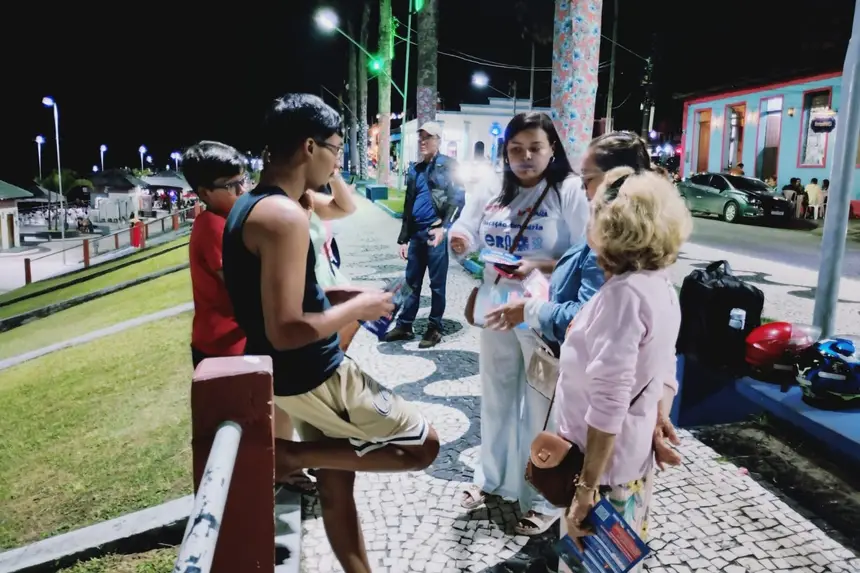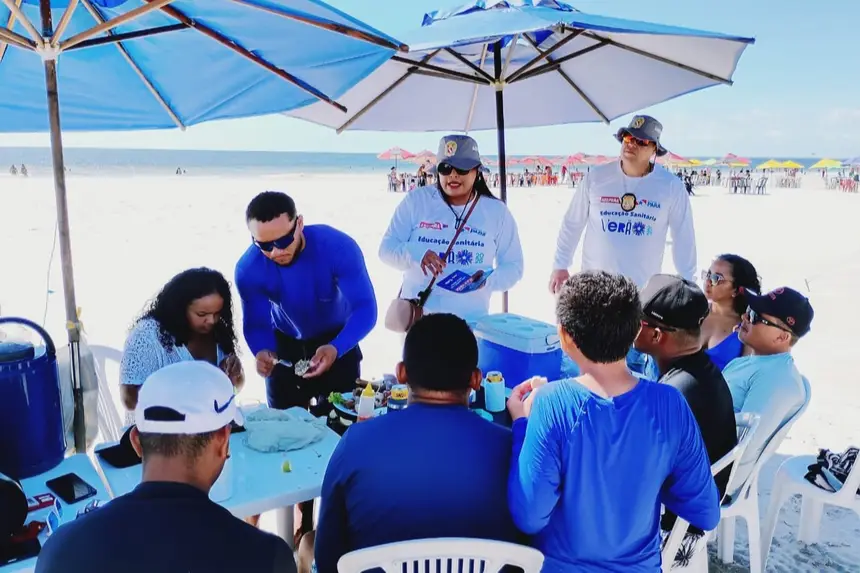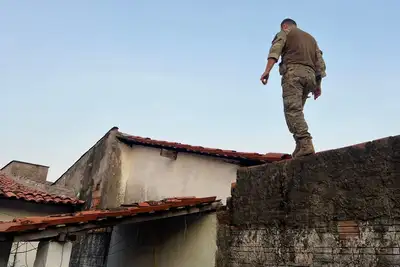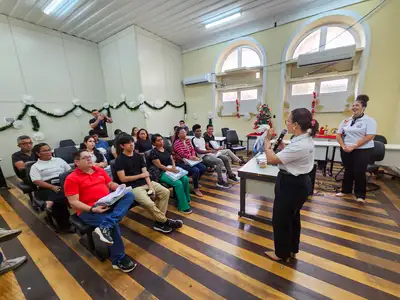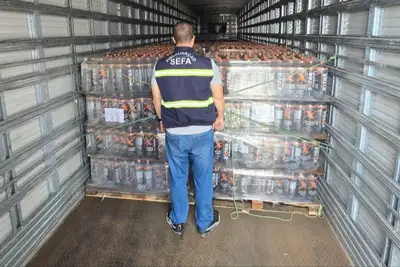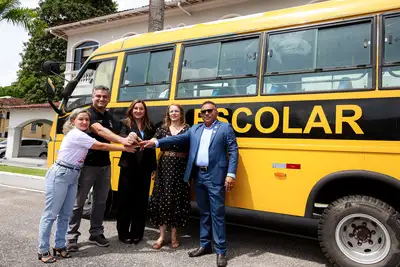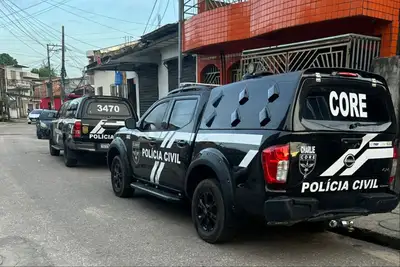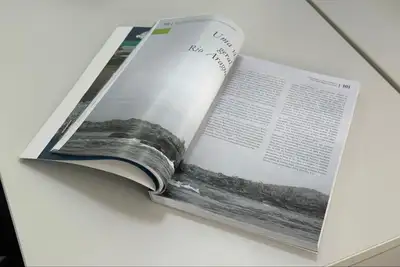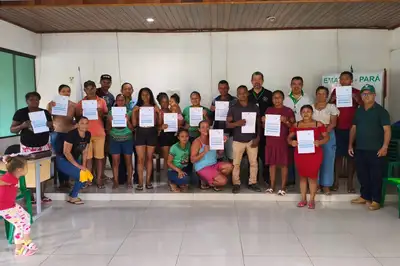Adepará carries out educational actions in the Summer Operation 2025 in Salinas, Bragança, and Marajó
Pará has no cases of avian influenza, but Adepará reinforces prevention in areas with migratory birds this summer month
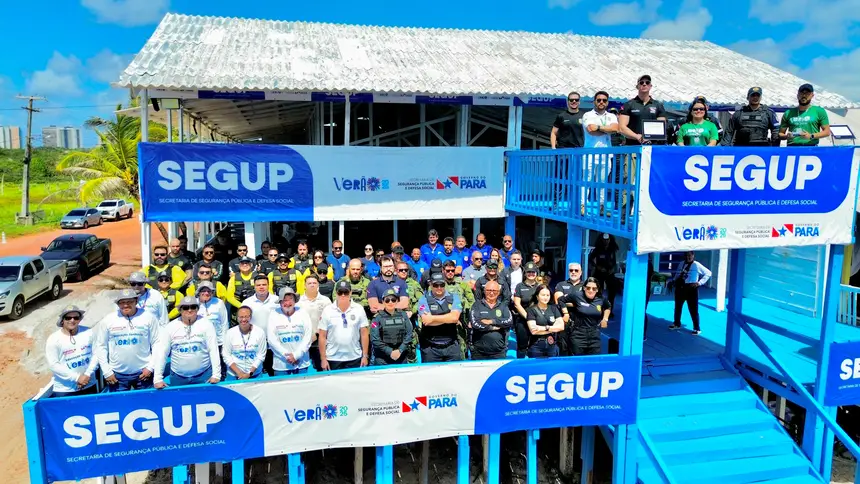
In Salinópolis, in the Atlantic Amazon, the beaches of Atalaia, Farol Velho, Maçarico, and Corvina received this weekend the educational actions that the Agricultural Defense Agency of the State of Pará (ADEPARÁ) is carrying out during the Summer Operation 2025, of the government of Pará.
For the third consecutive year, ADEPARÁ integrates the operation and joins forces with other federal, state, and municipal agencies in the actions that are carried out on the beaches during the month of July.
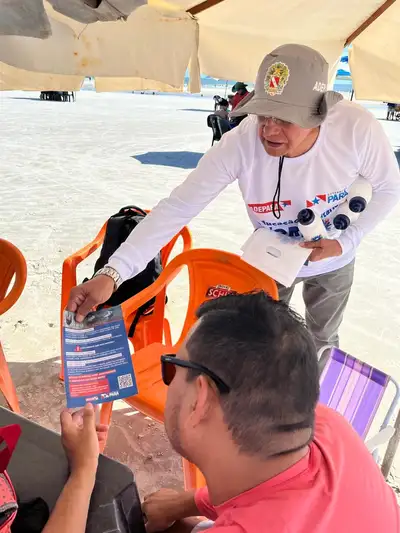
Salinópolis has received constant attention from the Official Veterinary Service for being a migratory bird route. According to agricultural inspector Lettiere Lima, manager of the poultry health program, the main focus of the action is prevention and identification of symptoms in birds so that the community can notify ADEPARÁ in case of suspected diseases. "It is essential to teach the public to recognize warning signs, identify the species involved (including wild and domestic birds), and the importance of not touching sick or dead birds," emphasized the veterinarian.
The producer Julier Teixeira, who raises cattle and cultivates açaí, is spending the holidays with his family in Salinas. A rural producer in the municipality of Tailândia, he received the educational pamphlets that are being distributed by the Agency's teams and highlighted the importance of the work. "We know that our country lives on exports, and if there is any focus of an undesirable situation, it ends up affecting exports throughout the country, causing losses to the economy and society."
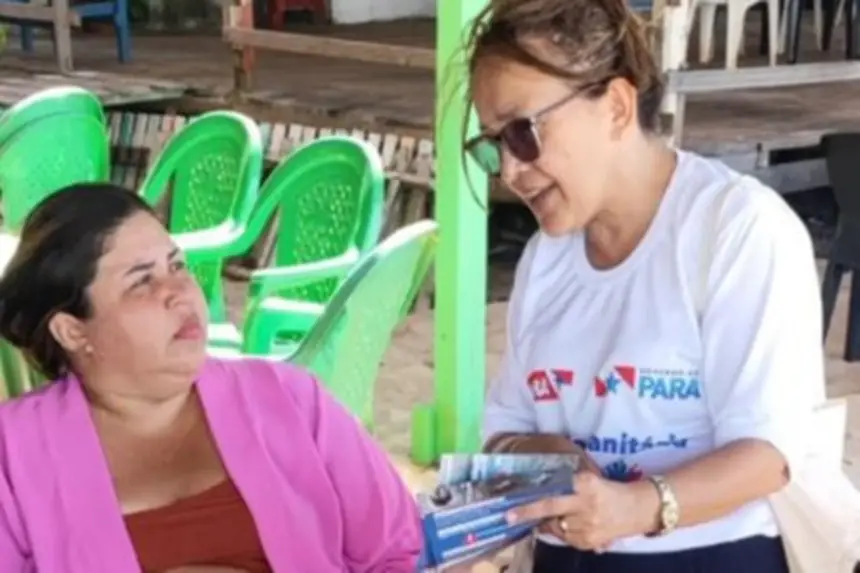
In Atalaia, Adepará provided assistance for a suspicion in a wild bird (Cormorant). "We were alerted by the firefighters. We notified and ruled out the suspicion, as the animal showed no clinical signs of respiratory and nervous diseases in birds. Thus, we reaffirm the fundamental role of Sanitary Education and the partnership between the other state agencies," emphasized veterinarian Eloisa do Carmo.
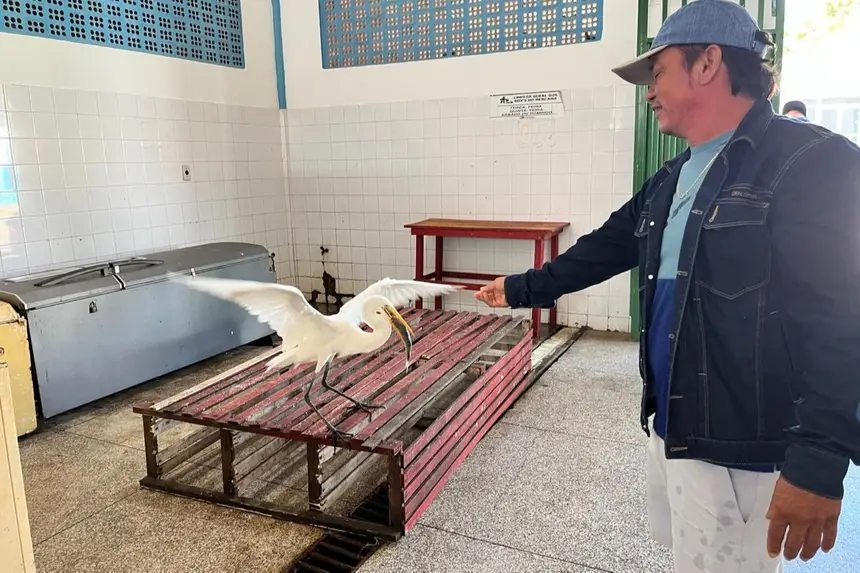
Bird Migration- Salinópolis is part of the Atlantic migratory route, housing various species of birds. Additionally, the region is influenced by other migratory routes, such as the Brazil-Central and Amazonian routes. Migratory routes, even if they do not pass directly through a location, can influence an area up to 10-20 km due to bird behavior.
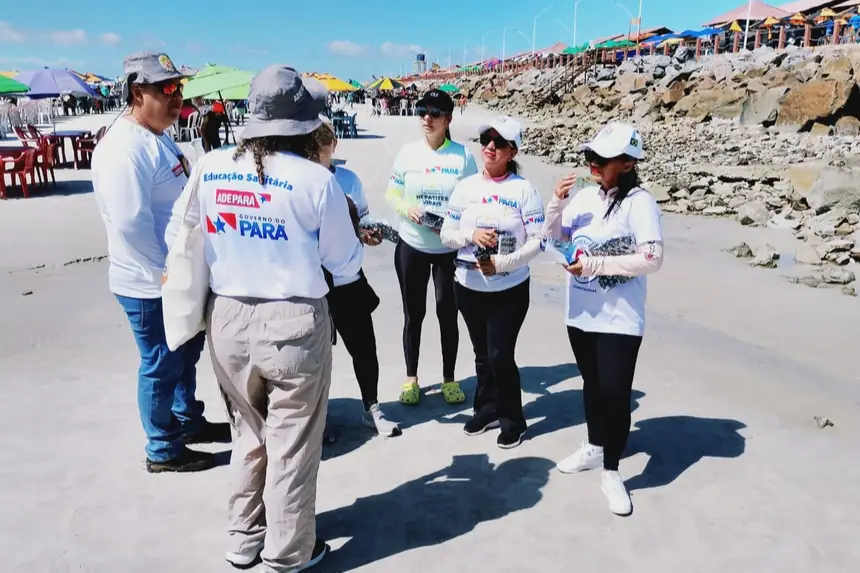
Bragança - In the municipality, educational activities took place on the waterfront, squares, markets, and at Ajuruteua beach.
As the actions are integrated, communication between the agencies generates more results. "Our team interacted with Sespa staff, providing guidance and distributing educational material, and shortly after, was called to check a dead aquatic bird in a deteriorated state. We proceeded with the collection and incineration of the animal. The activity resulted in sanitary education, surveillance, notification response, and record keeping," said Susi Barros, one of the veterinarians involved in the actions in Bragança.
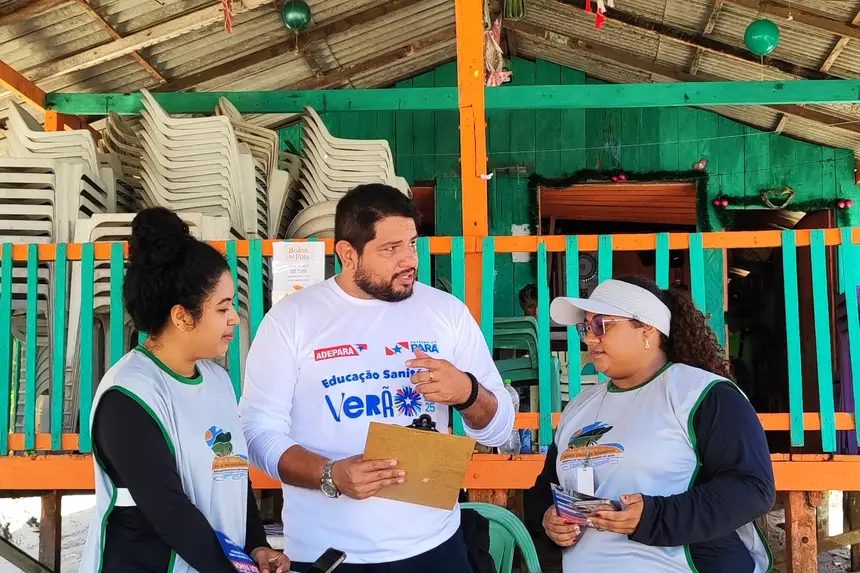
Marajó - In Marajó, where there are also migratory sites for wild birds, actions took place on the beaches of Salvaterra and Soure. In addition to bathers, the Adepará team also approached market vendors and merchants in the municipalities' markets, as well as passengers traveling to spend the weekend on the Island.
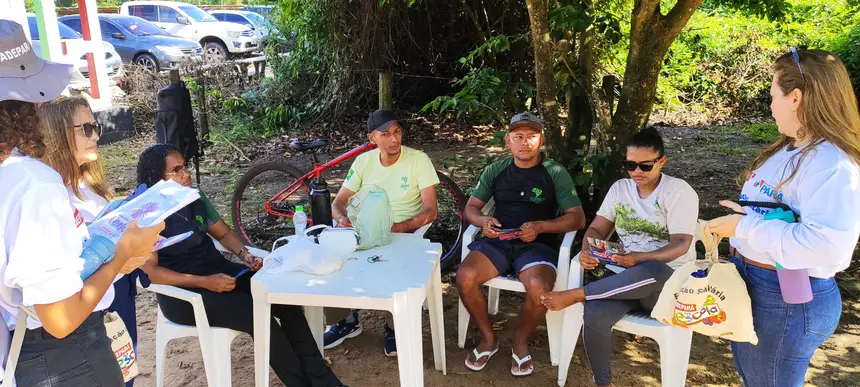
"It is important for ADEPARÁ to have contact with the general public that visits and resides in the region. This way, the population becomes aware of the agency and its actions for sanitary defense and the integrity of animal production in the state," explained Olivar Valente, agricultural fiscal agent.
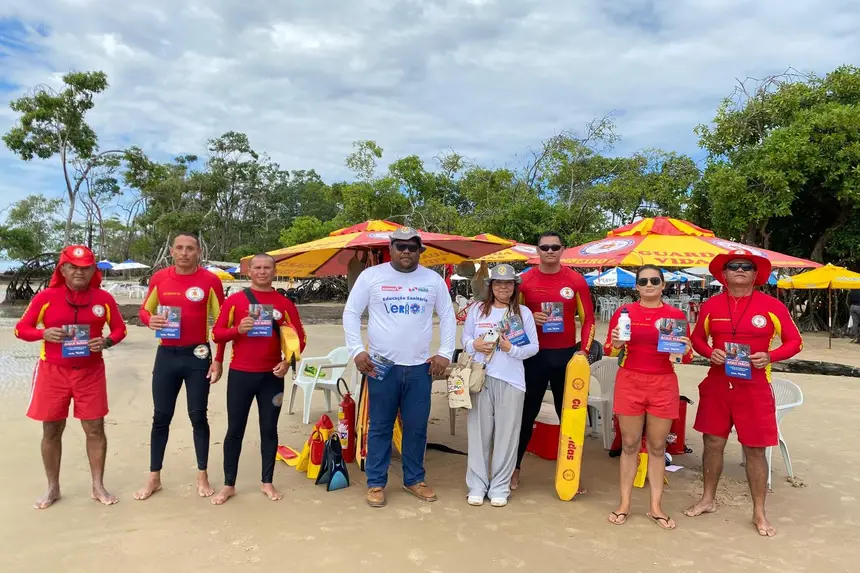
National Surveillance Plan - The national surveillance plan for birds is carried out in Pará focusing on components 3 and 4, which involve active surveillance on properties (collection of material for virus research), which is essential to detect viral circulation, guide actions, and allow quick decision-making to protect state poultry farming.
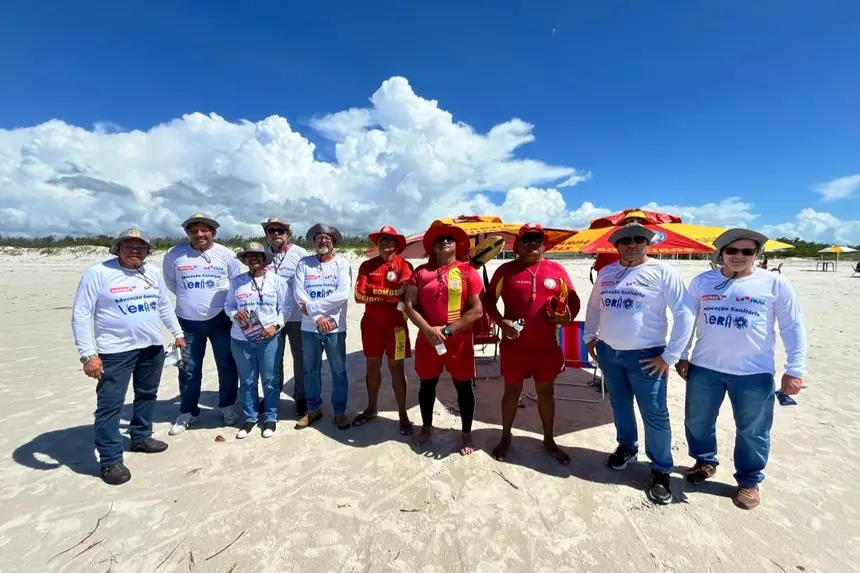
"Active surveillance serves for decision-making because you will know what is circulating in the state and direct the surveillance. This strengthens the state's action to be vigilant early on properties that have poultry exploitation," explained Lettiere Lima.
Adepará's Summer Operation 2025 involves 50 employees and 12 vehicles and continues over the next weekends in the municipalities of Pará.



